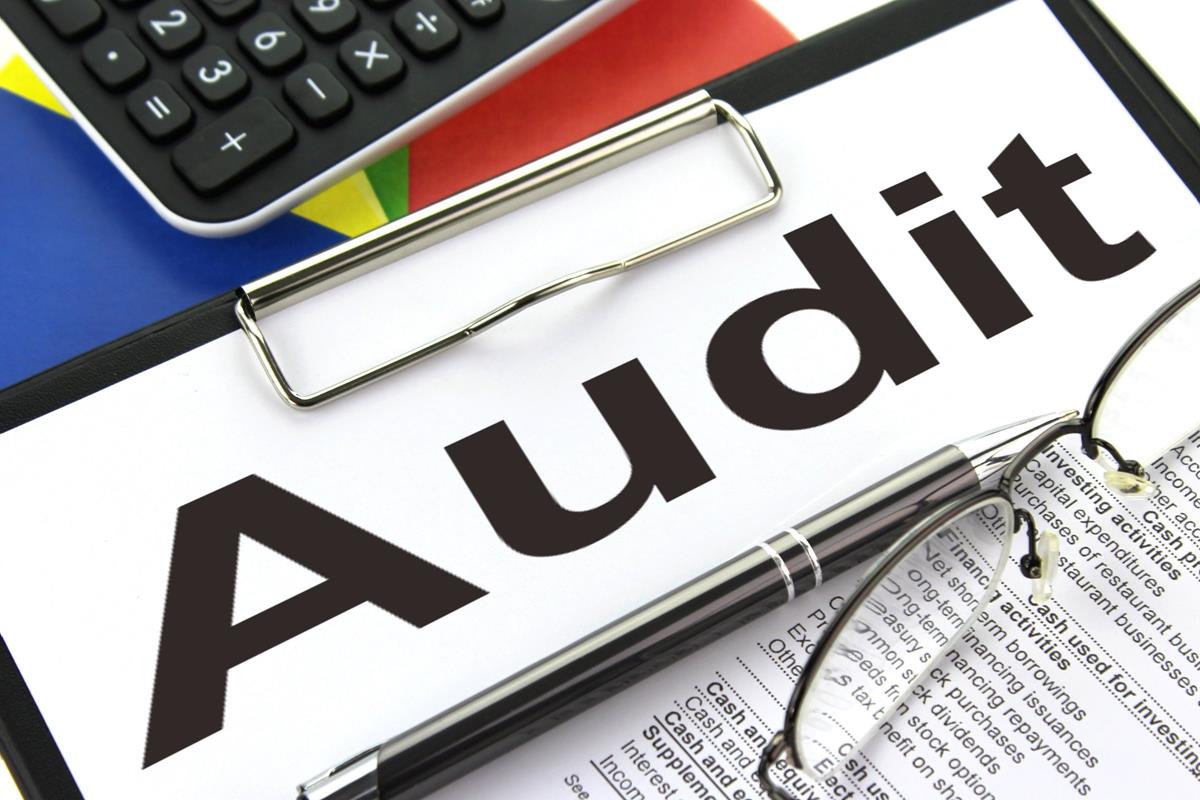Assessing the Quality and Reliability of Written Representations in Auditing
Introduction:
In the auditing process, written representations serve as critical documents that confirm management’s assertions regarding the accuracy, completeness, and fairness of financial statements and disclosures. While written representations are an integral part of audit evidence, their quality and reliability are subject to scrutiny to ensure the integrity and credibility of the audit process. This article explores the factors influencing the quality and reliability of written representations in auditing, emphasizing the importance of effective communication, transparency, and due diligence in their preparation and review.
Understanding Written Representations in Auditing:
Written representations are formal statements provided by management to auditors, acknowledging its responsibility for the preparation and presentation of financial statements and affirming the accuracy and completeness of financial information. These representations serve as a means for management to communicate its perspective and commitments regarding the audit engagement, including matters related to internal controls, accounting policies, and significant estimates.
Factors Influencing the Quality of Written Representations:
1. Clarity and Specificity:
High-quality written representations are characterized by clarity and specificity, clearly articulating management’s acknowledgments, assertions, and commitments regarding financial reporting. Ambiguities or vague language may undermine the reliability of written representations and lead to misunderstandings or misinterpretations by auditors.
2. Completeness and Accuracy:
Written representations should be comprehensive and accurate, addressing all relevant matters discussed during the audit process. Management must ensure that the representation letter encompasses key assertions related to financial statements, internal controls, significant accounting policies, and other significant matters affecting the audit engagement.
3. Timeliness and Relevance:
Timely provision of written representations is essential to ensure their relevance and effectiveness in the audit process. Management should prepare and provide representation letters promptly upon the auditor’s request, allowing auditors to incorporate them into their audit procedures and assessments in a timely manner.
4. Consistency with Other Audit Evidence:
Written representations should be consistent with other audit evidence obtained by auditors during the engagement. Management’s assertions in the representation letter should align with the results of audit procedures, testing of controls, and other substantive evidence gathered by auditors to corroborate the reliability of financial information.
5. Independence and Objectivity:
Written representations should reflect management’s independent and objective perspective regarding financial reporting and internal controls. Management must exercise professional judgment and integrity when preparing representation letters, avoiding bias or influence that may compromise the quality and reliability of the information provided to auditors.
6. Legal and Regulatory Compliance:
Written representations should comply with applicable legal and regulatory requirements governing financial reporting and auditing. Management must ensure that representation letters are prepared in accordance with relevant accounting standards, disclosure requirements, and regulatory guidelines to enhance their credibility and reliability.
Factors Influencing the Reliability of Written Representations:
1. Trust and Relationship with Management:
The reliability of written representations is influenced by the trust and relationship between auditors and management. A collaborative and transparent relationship fosters open communication and mutual understanding, enhancing the reliability of management’s assertions and commitments in the representation letter.
2. Professional Skepticism and Due Diligence:
Auditors must maintain a skeptical mindset and exercise due diligence when evaluating the reliability of written representations. While written representations provide valuable insights into management’s perspective, auditors should independently verify the accuracy and completeness of the information provided and corroborate it with other audit evidence.
3. Internal Controls and Governance Structure:
The effectiveness of an entity’s internal controls and governance structure impacts the reliability of written representations. Strong internal controls and governance practices enhance management’s ability to provide accurate and reliable information to auditors, increasing the confidence in the representation letter’s reliability.
4. External Factors and Industry Dynamics:
External factors and industry dynamics may influence the reliability of written representations, such as economic conditions, regulatory changes, and market trends. Auditors should consider the broader business environment and industry-specific factors when assessing the reliability of management’s assertions and commitments in the representation letter.
5. Documentation and Audit Trail:
Auditors should maintain adequate documentation and audit trail to support their assessment of the reliability of written representations. Documentation of audit procedures, discussions with management, and review of supporting evidence enhance the transparency and credibility of the audit process and facilitate review by regulatory authorities and other stakeholders.
Conclusion:
Written representations play a crucial role in auditing by providing formal assurances from management regarding the accuracy, completeness, and fairness of financial statements and disclosures. The quality and reliability of written representations are influenced by various factors, including clarity, completeness, timeliness, consistency with other audit evidence, independence, trust, professional skepticism, internal controls, and external factors. By considering these factors and exercising due diligence, auditors can assess the reliability of written representations effectively, enhancing the credibility and integrity of the audit process and ultimately contributing to the confidence of stakeholders in financial reporting.
